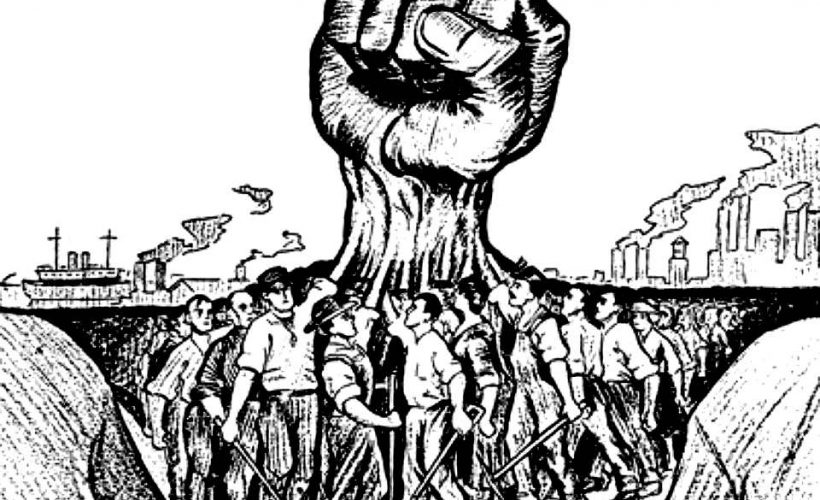
December 11, 2001: Three months after 9/11, two months after George W. Bush ordered bombs to begin raining on Kabul, the day The Village Voice published one of my war reports from the front in Afghanistan.
“We’ve lost this war,” I wrote. To drive my point home, the headline was: “How We Lost Afghanistan.”
I continued: “So how much will it cost?”
Seventeen years later, the end of America’s longest war—since history suggests Afghans will keep killing each other long after our departure, it would be more precise to say the end of America’s involvement in Afghanistan—appears to be drawing near. Peace talks between the Trump Administration and the Taliban in Qatar have culminated with an “agreement on principle” whose main U.S. demand is easy for the Taliban to grant. Afghanistan, the Taliban must assure the U.S. and the Afghan puppet regime in Kabul, cannot again become a “platform for international terrorist groups or individuals.” Even according to estimates by the Obama-era CIA, Al Qaeda’s presence in Afghanistan was more of a coincidence than a fearsome terrorist organization: “about 50 to 100 Qaeda operatives.”
They could have fit on one bus. For this we fought a war?
Now we know the pricetag of the invasion and long occupation: 2,400-ish U.S. troops killed, 4,000-ish U.S. “civilian contractors” killed, 59,000-ish Afghan soldiers and police killed, 38,000-ish Afghan civilians killed, 42,000 “enemy” Afghan soldiers killed, 50-ish journalists killed, 400-ish NGO workers killed, 20,000-ish U.S. troops wounded. No one counts the other non-fatal casualties. Obviously the non-U.S. death counts are way lowball.
U.S. taxpayers spent $5 trillion—enough to wipe out all outstanding student loans three times over—on bombing and pillaging and torturing Afghans. Wind-down costs, interest on the national debt, etc. will cost more still. Caring for wounded veterans adds another $8 trillion going forward. For that total of $13 trillion you could pay off every debt owed by every American citizen: home mortgages, car loans, credit cards, student loans, everything.
No one estimates the total cost of the buildings and other Afghan infrastructure destroyed by the war.
Of course no one can begin to calculate America’s loss of moral standing in the world. You don’t get to invade the world’s poorest nation, kidnap the locals and torture them in gruesome concentration and death camps, coddle local perverts and child rapists and come out looking half-decent.
Special Forces captain Dan Quinn beat a U.S.-backed Northern Alliance commander he found sexually abusing an Afghan boy chained to his bed on a U.S. military base. “The reason we were here is because we heard the terrible things the Taliban were doing to people, how they were taking away human rights,” Quinn said. “But we were putting people into power [the Northern Alliance] who would do things that were worse than the Taliban did—that was something village elders voiced to me.” Quinn was drummed out of the military.
As I mentioned at the top of this essay, the war was lost before it really began, in 2001.
Anyone who paid attention knew losing was inevitable.
Not many Americans paid attention. 89% of American voters polled in December 2001 approved of the invasion of Afghanistan. Now, 70% disapprove.
So why did we lose?
It’s too facile to say: graveyard of empires. Afghans really did welcome us as liberators in 2001. We had a better shot at success than the Brits and the Russians.
The short answer is: we did both too little and too much.
Too much cash spent, too little reconstruction.
“It would take billions of dollars to even begin rebuilding this country,” an American officer told me for my 2001 Voice piece. “Billions of dollars and many, many years. We don’t have that kind of attention span. Bombing Iraq will be a lot sexier than teaching Afghans how to read.” Afghanistan didn’t have phones, electricity, paved roads, bridges or public records. Streets didn’t have names, houses had no numbers—which was fine since there was no mail. There was no central bank or monetary system. People didn’t know their own last names.
Billions were spent, some of it on rebuilding public infrastructure. “A year ago it took about two days to drive between Kabul and the southern city of Kandahar. Today it takes about five hours on a smoothly tarmacked road paid for by millions of US taxpayers’ dollars,” the BBC reported in 2004.
Problem was, reconstruction money didn’t go to ordinary Afghans or even their towns. The U.S. installed a puppet president, Hamid Karzai, whose corrupt family looted millions, possibly billions, of dollars in cash. The drug trade, suppressed by the Taliban government before the U.S. invasion, exploded. “Private money, a substantial portion of it thought to be from the illegal drugs trade, is also funding a spurt of new building in the cities, but many say they have seen little change, especially in rural areas where most Afghans live, where villages without even basics like running water, power or schools remain the norm,” reported the BBC. By 2010 half of Afghans told pollsters they hadn’t seen any reconstruction whatsoever paid for by foreign aid. It’s just as bad now.
If an Afghan wanted to fix his house after it was damaged by a U.S. drone attack, that was on him.
Too little self-determination.
“The Afghan people have lost faith in the democratic political process, and regardless of the Taliban’s intimidation they have already boycotted the ongoing voter registration throughout the country,” Asia Times reported in 2018. What “democratic” process? Fraud was widespread in presidential and parliamentary elections. “Everyone was cheating in my polling station. Only 10% voted, but they registered 100% turnout. One man brought five books of ballots, each containing 100 votes, and stuffed them in the boxes after the elections were over,” an Afghan voting official said in 2009.
The message that elections can be fixed came straight from the self-declared crusaders of electoral democracy. In November 2001 while the initial invasion was still underway the U.S. staged a farcical political conference in Bonn, Germany where the Bush Administration attempted to foist the exiled king Zahir Shah, an 87-year-old exiled in Italy since the early 1970s, on the Afghans as a weak English-style constitutional monarch. Ironically, the Afghans present liked the idea—then the Americans pushed him out of the way to make room for Karzai.
The message was clear: American-style democracy is BS.
P.S. Afghanistan, it turns out, has vast mineral wealth worth more than $1 trillion. China has locked up the rights to exploit those reserves.
(Ted Rall (Twitter: @tedrall), the political cartoonist, columnist and graphic novelist, is the author of “Francis: The People’s Pope.” You can support Ted’s hard-hitting political cartoons and columns and see his work first by sponsoring his work on Patreon.)







